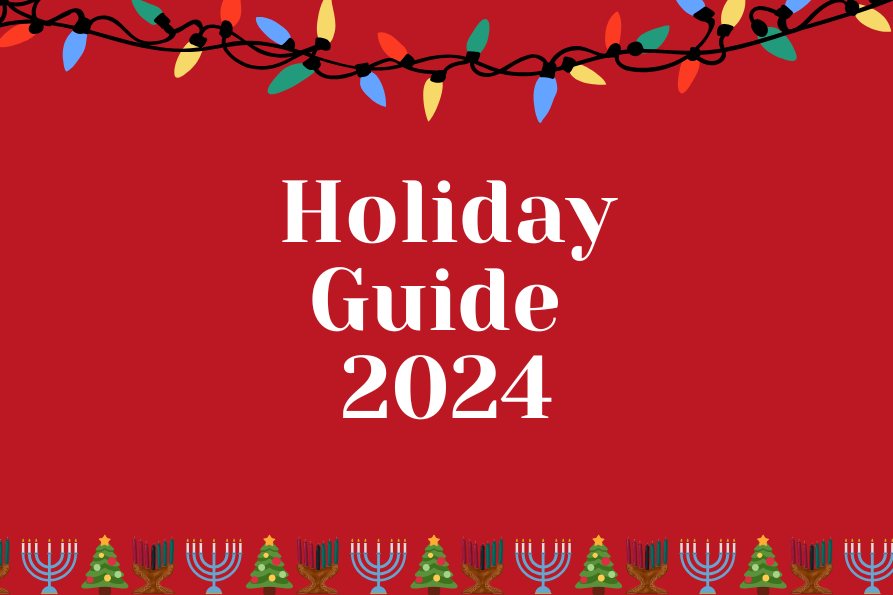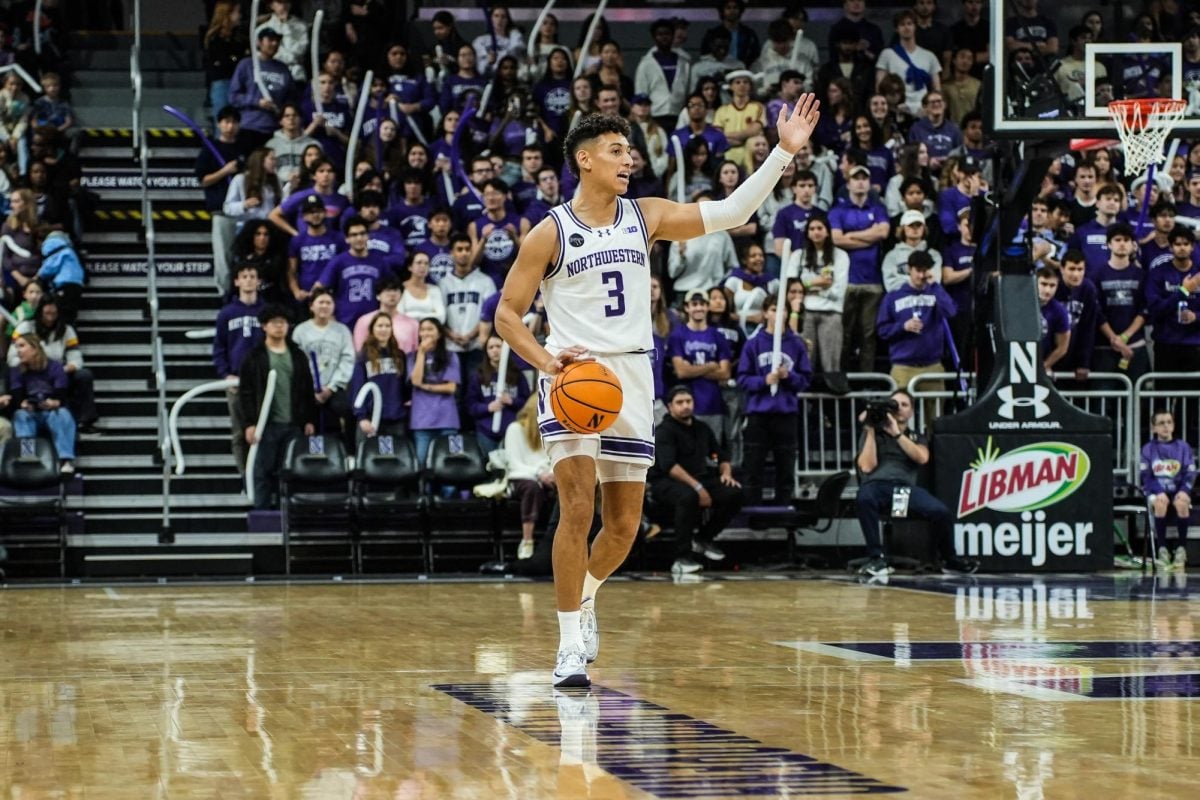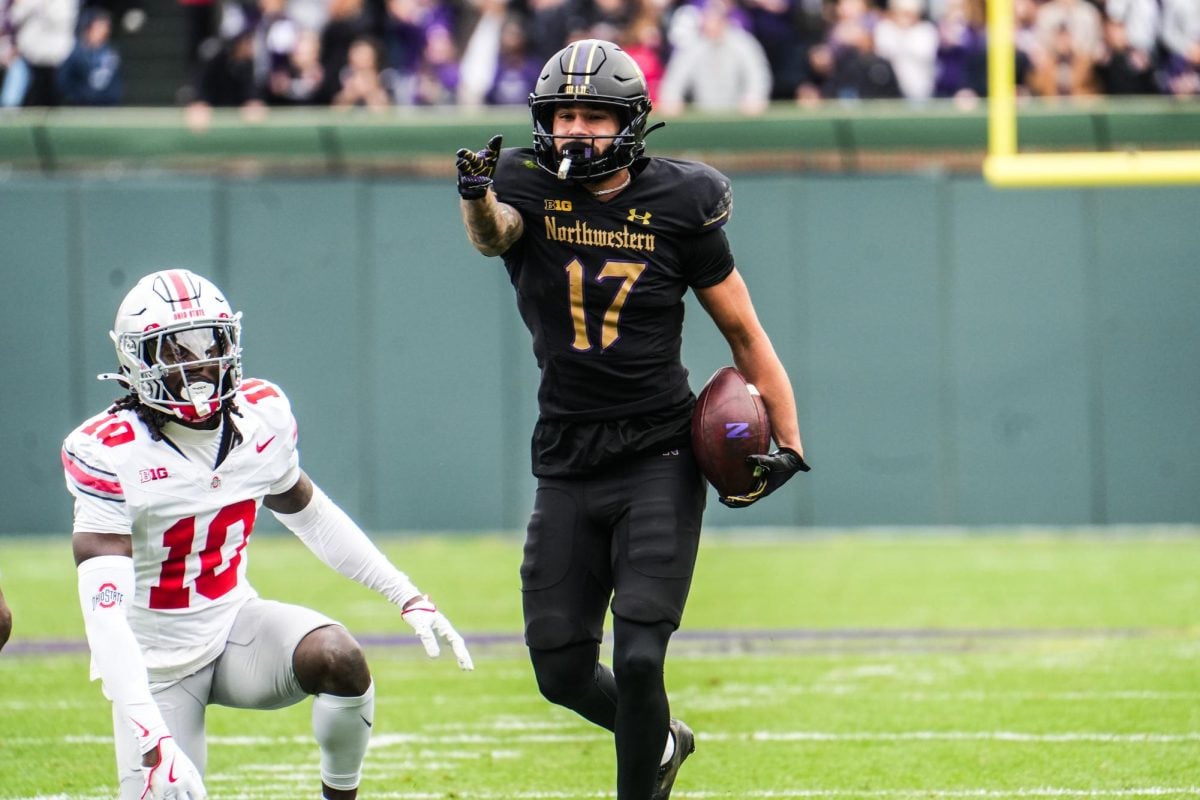Community leaders discussed how equitable zoning can promote affordable housing at a Sunday public forum hosted by Joining Forces for Affordable Housing — the advocacy program of Connections for the Homeless — called “Bad Zoning Laws are Why We Can’t Have Nice Things.”
Leaders from Connections for the Homeless, Evanston Community Foundation and Evanston Cradle to Career presented the recommendations of its Equitable Zoning Project, established in 2020. Evanston Mayor Daniel Biss, who also spoke, emphasized the importance of zoning reform to encourage affordable housing.
The proposal comes as Envision Evanston 2045 — the city’s initiative to overhaul its comprehensive plan and zoning code — is nearing final adoption by City Council. The new zoning code will likely be adopted by March, according to the city’s website.
“We get all confused about why there isn’t more naturally occurring affordable housing,” Biss said. “We can’t figure out why that would be, and then we also make it illegal to do it.”
The city makes affordable housing effectively illegal by prohibiting homesharing — non-family units from living together — in certain districts, said Sue Loellbach director of advocacy at Connections for the Homeless.
At an Evanston Plan Commission — whose duties are now under the jurisdiction of the Land Use Commission — meeting in July 2021, homeowners near Northwestern asked the city to continue banning homesharing to deter the creation of more student rentals, which they said resulted in noise concerns.
Connections CEO Betty Bogg said another way current zoning laws disincentivize affordable housing is by prohibiting certain types of housing developments in residential neighborhoods.
“We also support greater housing variety in all districts, which pertains primarily to R1, R2 and R3 zones, which currently limit housing to single-family or two-family homes,” Loellbach said.
There is little downside for neighborhoods allowing more housing variety, she added, because the land turnover is low and multi-dwelling developments that fit the character of the community are feasible.
Connections supports zoning reforms because affordable housing is necessary to achieve the organization’s goal of ending homelessness, Loellbach said. She added that zoning changes can create incentives for developers to build more affordable housing.
“Zoning will not by itself create affordable housing,” Loellbach said. “Zoning is a prerequisite for being able to do affordable housing.”
Henry Fulkerson is the former president of Housing Forward, a suburban Cook County organization that prioritizes “Housing First” for unhoused people and provides rental assistance and housing navigation services to those in need.
Fulkerson, who attended the zoning event, said Evanston’s Inclusionary Housing Ordinance, created in 2007, incentivizes developers to build low-income housing by offering tax incentives for affordable units.
“You can do (affordable housing) by allowing for density in some of these corridors, especially close to transportation, where you put up these 15 story buildings with hundreds of units,” he said.
Fulkerson added that the city should eliminate exclusionary zoning ordinances and allow developers to build more units in residential areas.
The Equitable Zoning Project recommends that the city increase housing density, reduce or eliminate parking minimums, improve the Inclusionary Housing Ordinance by requiring more affordable housing and collect more public feedback from diverse communities about zoning reforms.
Before City Council adopts a new zoning code, Connections Policy Coordinator Max Seeley said the organization will circulate a petition for community members to indicate their support for the proposed zoning reforms. Seeley said Connections will present the petition to City Council before it votes on the new code.
“That vibrancy that you get by having a lot of different people with different backgrounds and experiences in the same place is what makes Evanston, Evanston,” Biss said. “People really want to be in Evanston, which is supposed to be a good thing, but it’s only a good thing if people can afford to come to and stay in Evanston.”
Email: [email protected]
X: @IsaiahStei27
Related Stories:
— Ryan Field zoning lawsuit parties clash after NU intervenes to dismiss case
— Everything Evanston: The Daily explains Envision Evanston 2045
— Evanston cautiously embraces transit-oriented development to achieve climate goals


















